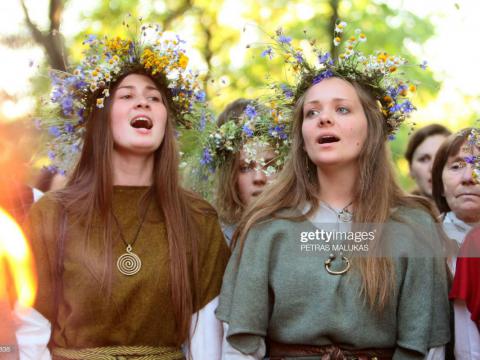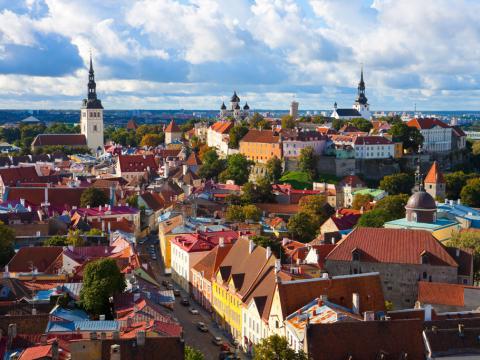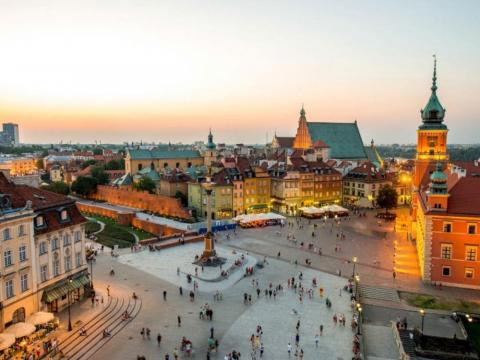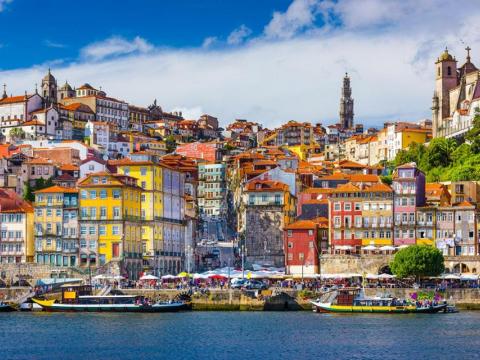Introducing Lithuania
Lithuania (Lithuanian: Lietuva) is a country in northeastern Europe on the Baltic Sea. Lithuania has been a member of the European Union and the North Atlantic Treaty Organization since 2004. Lithuania is the only Baltic nation with a history of more than 800 years of statehood, and its name was first mentioned a thousand years ago, in 1009. For a time in the 15th century, Lithuania was one of the largest states in Europe, with thriving crafts and overseas trade.
Vilnius University, a significant scientific and educational center on the European scale, was established in 1579. Lithuania enacted the First, Second, and Third Statutes in the 16th century. They formed the backbone of the country's legislative structure and had a major effect on the legislation of other European countries at the time. Despite integrating with Poland and losing its independence, Lithuania managed to retain its Third Statute in place for up to 250 years, which was critical in maintaining public national and civic self-awareness. The Lithuanian-Polish Constitution, along with the French Constitution, were Europe's first written constitutions, both adopted in 1791. Lithuania was a part of the Russian Empire in the nineteenth century, gained independence after World War I, was occupied by the Soviet Union in 1940, and gained independence again in 1991.
Lithuanian is the official language of the nation, and it is one of two languages (along with Latvian) in the Baltic branch of the Indo-European family. Despite Lithuanian's kinship to many other European languages, its ancient syntax makes it a notoriously difficult language to learn. To become fluent in the language, it takes nearly a year of research. Having said that, any attempt to speak the language or learn a few phrases will be warmly received by the locals. Lithuanians are well aware that their language is difficult for foreigners to understand, and they do not expect you to be fluent in it.
Russian is commonly spoken as a second language, but its use is dwindling as more Lithuanians choose to learn English. According to EU figures, 40% of Lithuanians speak Russian. In general, the older generation is more fluent in Russian than their juniors. Lithuanians are always willing to converse in English with tourists.
Other spoken languages include Polish and German, which are only used in a few areas of the country.
Most people in Samogitia (Western Lithuania) speak Samogitian, which is slightly different from Standard Lithuanian.
Last modified on 04/25/2021 - 05:19
Places 0
Currently there are no places in Lithuania.
Articles 0
Currently there are no articles about Lithuania.
Trip reports 1
Videos
Currently there are no videos of Lithuania.








